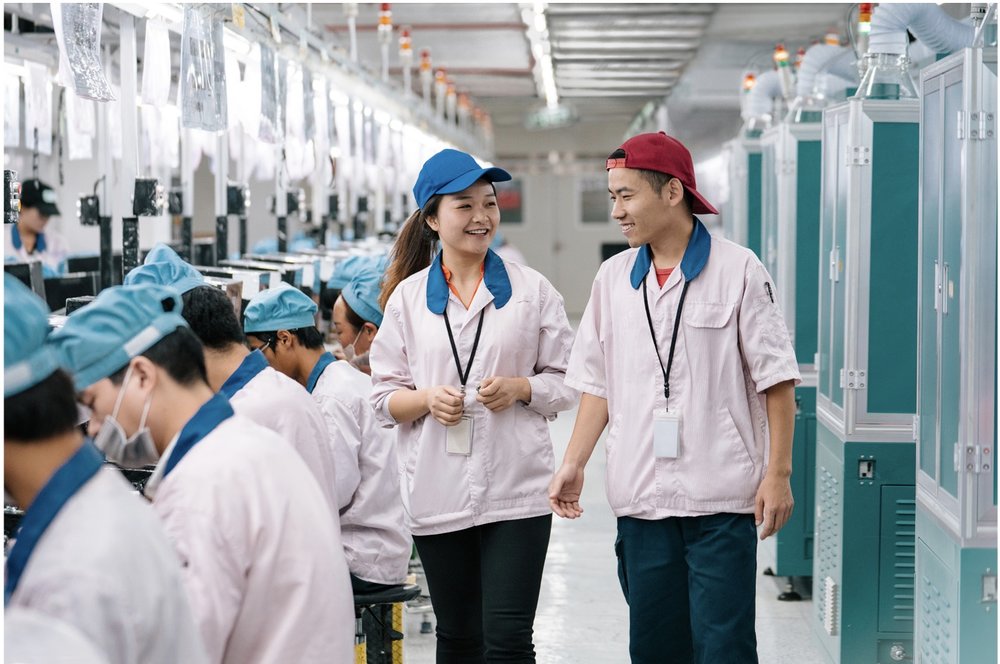Apple’s has released its 12th annual Supplier Responsibility Progress Report, which details progress the company is making to improve working conditions at supplier facilities, protect the planet and ensure responsible sourcing.
The tech giant says that, since 2007, almost 15 million supplier employees have been trained on their rights, including three million last year. Constantly raising the bar, finding problems and fixing them, providing advancement opportunities and reporting transparently are fundamental to Apple’s supplier responsibility efforts, according to Chief Operating Officer Jeff Williams.

He says that the company’s efforts to create a greener supply chain resulted in significant progress in 2017. All iPhone final assembly sites around the world have now been certified as zero waste to landfill. More of Apple’s products were made using renewable energy, while also reducing overall energy usage and carbon emissions. Suppliers working with Apple implemented energy efficiency improvements that reduced more than 320,000 annualized metric tons of greenhouse gas emissions in 2017.
Last year Apple launched a program to help improve health awareness for women at its suppliers, so they are better prepared to take control of their health and share that knowledge back to their families and communities. The program started at facilities in India and China and provides information and access to services, including self-examination for early cancer detection, nutrition, personal care and maternal health. Apple aims to reach one million women at its suppliers around the world by 2020.
“We believe that everyone making Apple products deserves to be treated with dignity and respect and we’re proud that almost 15 million people understand their workplace rights as a result of the work we’ve done over the years. We’re going further with health education programs and new opportunities for advancement at our suppliers,” Williams says in a press release. “A new preventive health care curriculum is encouraging women to focus on their personal health, and hopefully share that knowledge with their families and communities. Our goal is to reach one million women by 2020. We know our work is never done and we’re committed to raising the bar every year across our supply chain.”
Additionally, Apple worked with some of its large suppliers and Beijing Normal University on a new program to address challenges recruiting qualified factory line leaders. The Factory Line Leader Program bridges the gap between skills and employment by providing practical vocational skills and guaranteed internships with an Apple supplier, as well as long-term, full-time employment opportunities. In the last 10 years, more than 2.5 million supplier employees have taken education classes, ranging from language skills to software development, and 12,000 are graduating with a degree.
The company conducted 756 audits spanning 30 countries and covering suppliers representing 95% of total spend. Apple’s efforts to raise standards are having a dramatic impact and the number of low-performing facilities decreased to just 1%.
